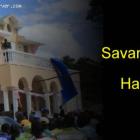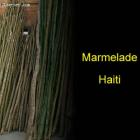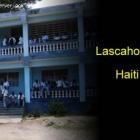Cap-Haitian During the Colonization Period
ADVERTISEMENT
The great wealth the city well know to be generating at the time was produced on the back of the African slaves who had replaced the indigenous peoples who had migrated from present-day Central and South America in the 16th century. Due to the colonization and introduction of new infectious diseases, as well as poor treatment received by the colonizers, the indigenous population rapidly declined.
The slave rebellion which eventually led to the independence of Haiti started in the region around Cap-Haitian. Many early rebellions by the slaves were met with the full extent of the law, with death as the ultimate punishment. The inhabitants witnessed the executions of Mackandal in 1758, Vincent Ogé, who had agitated for mulatto's rights, in 1790 and Boukman a year later.
The final battle of Vertiere took place on the outskirts of the city when Jean Jacques Dessalines won the final victory that brought independence, and renamed the city Cap-Haïtien as a symbol of freedom.
Read more: Cap-Haitian, Cap-Haitien, Dutty Boukman, Cap-Haitian Tips, Bertrand d, Vincent Oge, City
« Jacmel Carnival is part of the Identity of the City | Main | Cap-Haitien Architecture »
Leave a Reply
Name (required) E-mail (required, will not be published)
» »
Our objective is to share with you news and information about Haiti and the people of Haiti. Traditions, habits and the way we were or grew are alive in this site. We highly recommend that you Subscribe to our Newsletter and also share with us some of the things that are memorable and made us unique people.


 Informative Marketing and Advertising in the Haitian Community
Informative Marketing and Advertising in the Haitian Community  The Town of Savanette, Haiti
The Town of Savanette, Haiti  Maissade, Haiti
Maissade, Haiti  Marmelade, Haiti
Marmelade, Haiti  Lascahobas, Haiti
Lascahobas, Haiti